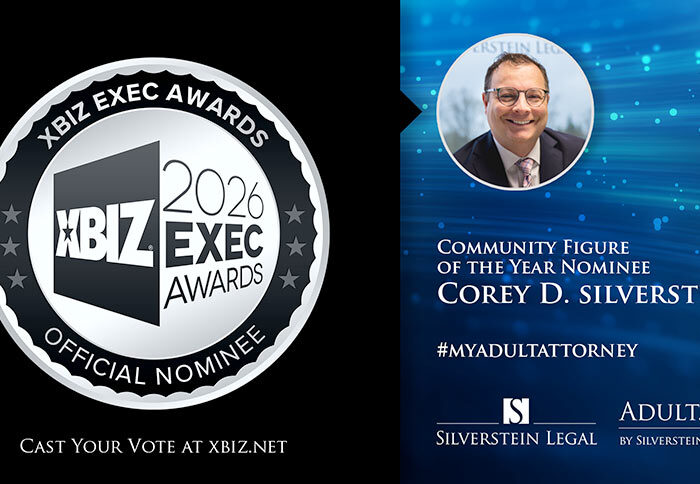Los Angeles, California – Corey D. Silverstein, the driving force behind MyAdultAttorney.com and Adult.Law, is…

The U.S. Supreme Court issued a landmark decision today in TikTok Inc. v. Garland, affirming the constitutionality of the Protecting Americans from Foreign Adversary Controlled Applications Act (“the Act”). The ruling, delivered per curiam, has significant implications for social media platforms and national security law, particularly concerning foreign-controlled entities operating in the United States.
Case Summary
The Act prohibits the operation of foreign adversary-controlled applications in the U.S. without a qualified divestiture. TikTok, owned by China-based ByteDance Ltd., challenged the Act, arguing that it violated the First Amendment rights of the company and its users. Petitioners also contested the Act’s data-collection rationale and divestiture requirements.
Supreme Court Ruling
The Court held that the Act, as applied to TikTok, does not violate the First Amendment. Key findings include:
- Intermediate Scrutiny Applied: The Court found that the Act’s provisions are content-neutral, aimed at preventing the exploitation of U.S. user data by a foreign adversary, and tailored to address national security concerns.
- Compelling Government Interest: The Court upheld Congress’s determination that TikTok’s scale and data collection practices pose a significant risk, especially given ByteDance’s obligations under Chinese law to cooperate with government intelligence operations.
- Tailoring of the Law: The Act does not outright ban TikTok but imposes a conditional prohibition unless ByteDance divests its U.S. operations in compliance with strict requirements. The Court noted that Congress carefully considered alternatives but found divestiture necessary to mitigate risks effectively.
Impact and Next Steps
The ruling reinforces the government’s ability to impose operational restrictions on foreign-controlled platforms when national security is at stake. TikTok must comply with divestiture requirements by January 19, 2025, or cease U.S. operations. This decision also sets a precedent for future litigation involving technology companies and foreign influence.
Key Takeaways for Businesses
- Regulatory Compliance: Companies with foreign affiliations must anticipate increased scrutiny over data collection and operational structures.
- Risk Management: Businesses should proactively evaluate exposure to similar legislative measures in other jurisdictions.
- Policy Monitoring: The case signals a growing alignment between legislative and judicial efforts to address cybersecurity and national security risks.
For further analysis or assistance with compliance strategies, please contact Silverstein Legal.
About Silverstein Legal
Founded in 2006 by adult entertainment lawyer Corey D. Silverstein, Silverstein Legal is a boutique law firm that caters to the needs of anyone working in the adult entertainment industry. Silverstein Legal’s clients include hosting companies, affiliate programs, content producers, processors, designers, developers, and website operators.




